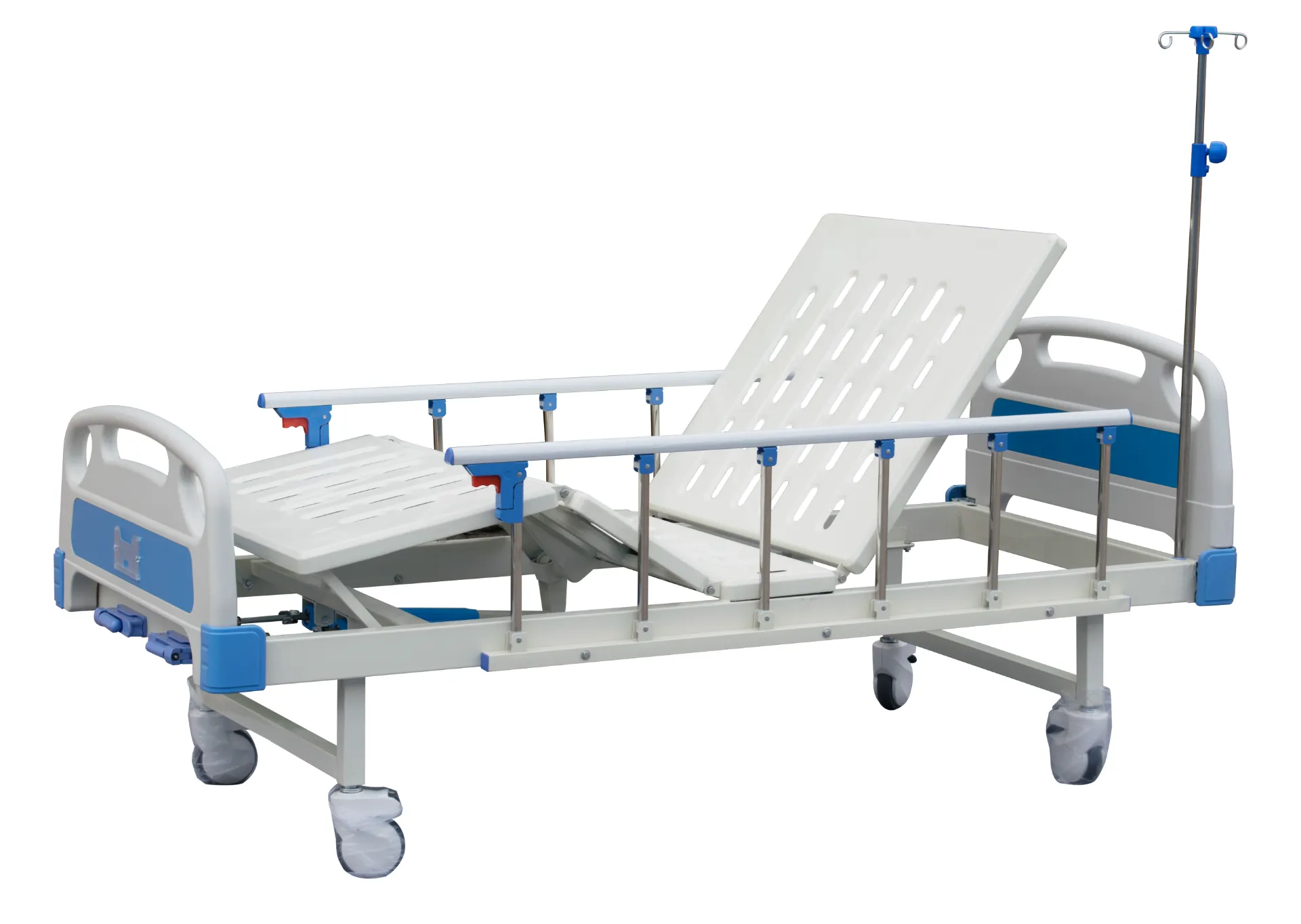Welcome to our websites!
Comfortable Recliners for Hospital Patients and Enhanced Care Experience
The Role of Recliners in Hospital Settings Enhancing Patient Comfort and Care
In the ever-evolving landscape of healthcare, the significance of patient comfort cannot be overstated. One innovative solution that has gained traction in hospital settings is the use of recliners. These specially designed chairs provide both medical benefits and emotional support, creating an environment conducive to recovery. This article delves into the various aspects of recliners in hospitals, exploring their advantages for patients, caregivers, and the overall healthcare system.
Enhanced Comfort and Accessibility
One of the primary reasons recliners are becoming a staple in hospitals is their ability to enhance patient comfort. Traditional hospital beds, while functional, can often lead to discomfort, especially for patients who spend extended periods lying down. Recliners, with their adjustable features, allow patients to find a position that alleviates pressure on certain body parts, such as the back and legs. This can be particularly beneficial for individuals recovering from surgery or managing chronic pain.
Moreover, recliners are designed with accessibility in mind. Many models feature mechanisms that allow for easy adjustments, enabling patients to independently find their preferred seating position. This promotes a sense of autonomy, which is crucial for mental well-being during the recovery process. By allowing patients to control their comfort, recliners contribute to a more positive hospital experience.
Facilitating Family Involvement
In addition to benefiting patients, recliners play a vital role in facilitating family involvement in the care process. Hospital stays can be stressful not only for patients but also for their families. Comfortable seating options for family members are essential, as they often spend long hours supporting their loved ones. Recliners that accommodate family members provide them with a comfortable space to rest while remaining close to the patient.
This proximity can improve communication and emotional support, both of which are integral to a patient's recovery. When families can comfortably engage with their loved ones, it fosters a healing environment. Additionally, many recliners come equipped with features like charging ports and cup holders, making it easier for family members to spend hours at a time without needing to leave the patient's side.
recliner hospital

Support for Healthcare Workers
The impact of recliners extends beyond patients and their families; they also benefit healthcare workers. Nurses and caregivers often face physical demands as they assist patients with movements in and out of beds. Recliners, with their ease of use, can reduce the physical strain on staff when helping patients reposition themselves. This not only enhances staff well-being but can also lead to improved patient care, as caregivers are less fatigued and can devote more energy to their patients.
Furthermore, having recliners available in patient rooms can streamline the overall workflow in a hospital. By providing patients with comfortable options for reclining, healthcare workers can more efficiently manage patient needs, ultimately leading to better operational efficiency within the facility.
Contributing to Better Patient Outcomes
Research has indicated that patient comfort is closely linked to recovery outcomes. When patients feel relaxed and at ease, their stress levels decrease, which can positively influence healing. Recliners can significantly contribute to creating a restful atmosphere, encouraging patients to take necessary rest and sleep. Quality sleep, in turn, plays a critical role in the recovery process.
Moreover, maintaining an environment that prioritizes comfort can lead to reduced hospital stays. Patients who experience less discomfort are more likely to comply with treatment protocols and engage in physical rehabilitation exercises. This not only hastens recovery times but also alleviates the burden on healthcare resources.
Conclusion
Recliners in hospital settings represent a shift towards patient-centered care that prioritizes comfort, independence, and emotional support. As healthcare continues to evolve, incorporating elements that enhance patient experiences will remain paramount. Recliners are more than just furniture; they are vital tools in promoting healing and well-being, proving that comfort in healthcare can significantly impact recovery outcomes for patients while also supporting families and healthcare workers alike. In a world where compassion and care are paramount, the humble recliner stands as a beacon of comfort and support within hospital walls.
-
Transforming Healthcare with Hospital FurnitureNewsJun.24,2025
-
Rehabilitation EquipmentNewsJun.24,2025
-
Mobility and Independence with WheelchairsNewsJun.24,2025
-
Freedom of Mobility with Our Rollator WalkersNewsJun.24,2025
-
Comfort and Independence with Commode ChairsNewsJun.24,2025
-
Bathing Safety and Independence with Shower ChairsNewsJun.24,2025
-
Navigating the Wholesale Landscape of Electric Mobility Solutions: Key Considerations for Power Wheelchair DealersNewsJun.10,2025











